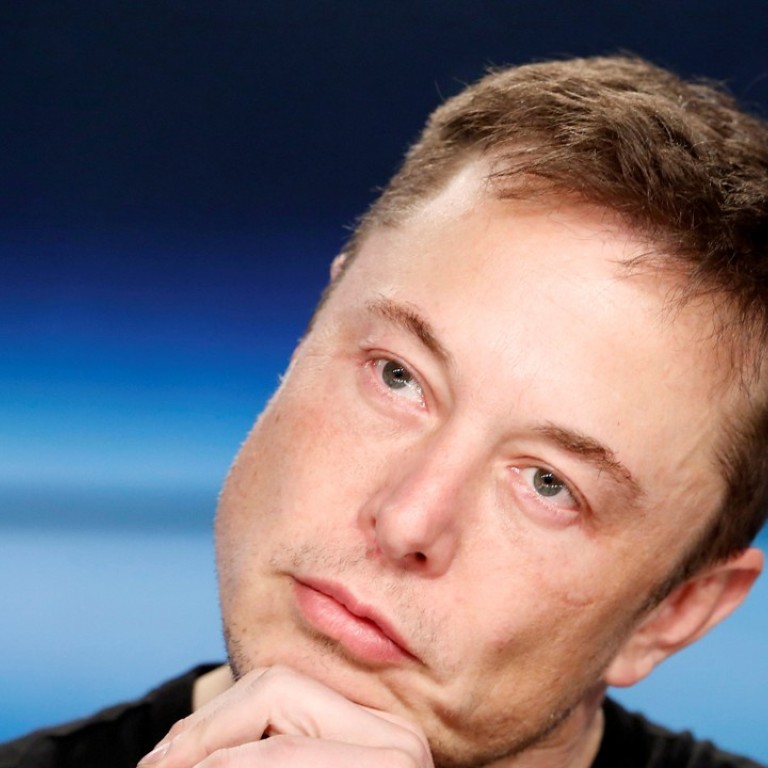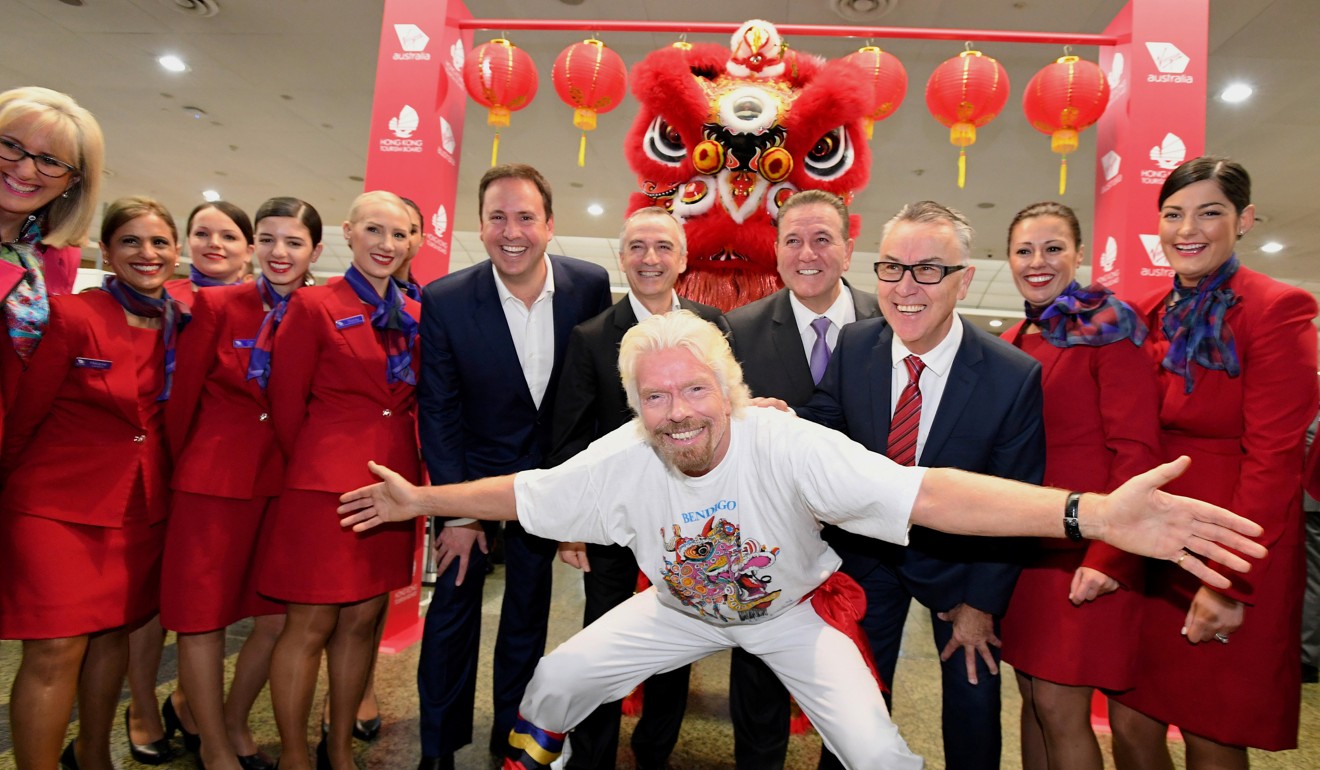
Why Elon Musk, Richard Branson and Michael Dell welcome shareholder money but not accountability
Stephen Vines says innovative business leaders struggle with some of the challenges inherent in leading public companies – from shareholder expectations to short sellers
Musk is among a group of other innovative business leaders who could best be described as modesty-challenged. They tend to be convinced that they know far better than others how to run their companies and what is in their best long-term interests.
They may well be right but once they decided to offer shares to the public in order to raise capital or, in other cases, to realise the value of their investments tied up in the companies, they volunteered to enter a world where accountability and the interests of others comes forcibly into play.
Watch: Tesla announces plans for first overseas plant in Shanghai
They like getting their hands on investors’ money even though they may tend to be less in love with the people providing the money
Michael Dell, founder of the eponymous computer maker Dell Inc, also found himself frustrated by shareholders when the company hit a bad patch and his plans for a turnaround were heavily criticised. He, too, concluded that the best solution was to buy out the shareholders.
Interestingly, Dell is now planning to take the firm back to the market while Branson’s dislike of the markets has not prevented him from floating parts of the Virgin empire. The bottom line, unsurprisingly, is that they like getting their hands on investors’ money even though they may tend to be less in love with the people providing the money.
They are even less enamoured by what happens once shares get out there in the market and are subject, as in the case of Tesla, to being manipulated by canny market players who have little interest in the company’s intrinsic business but see opportunities to make a healthy profit, unusually out of its misfortunes.

Musk is greatly agitated by the short selling of Tesla that is taking a toll on its share price. He is delighted to see that his ruminations on a buyout at a healthy premium to the current price are giving the short sellers a bloody nose; indeed, this may be the whole purpose of his proposed buyout, which may never happen.
Shareholders very often do indeed have interests that are different from the folk running companies
There is something of a circle here that is hard to square because shareholders very often do indeed have interests that are different from the folk running companies and they may even exercise pressure on companies to do things that boost the share price and dividends that could ultimately be most disadvantageous to their future well-being.
However, sensible company executives are quite good at shutting out the cacophony of stock market chatter and taking the sanguine view that, once capital has been raised by the sale of shares, it does not greatly matter at what price the shares change hands.
Moreover, many well-run companies use the opportunity of flotations to secure the services of knowledgeable and sage independent directors whose very separation from the company’s day-to-day affairs provides a perspective that may well be valuable. Musk is a prime example of a corporate leader who does not seem to value this kind of advice, as reflected in the fact that members of his board only learned of his plans for privatisation after he tweeted out his intentions. Meanwhile, these tweets are now the subject of scrutiny by the US regulatory authorities.
Watch: SpaceX launches world’s most powerful rocket with a Tesla sports car on board
That said, it really is not easy to be on the cutting edge of technology and to build an impressive brand from scratch in an industry with entrenched and far from complacent players who will do their utmost to knock out the cheeky newcomer. Musk’s impressive achievement has been to deliver a remarkable product in a relatively short time and, although profitability has yet to be achieved, the prospect of it happening is entirely realistic.
The questions are when and how much. Despite Musk’s confidence, the answers are yet to be found, so there is frustration on both sides; no one is wholly right or wrong here.
Stephen Vines runs companies in the food sector and moonlights as a journalist and a broadcaster

